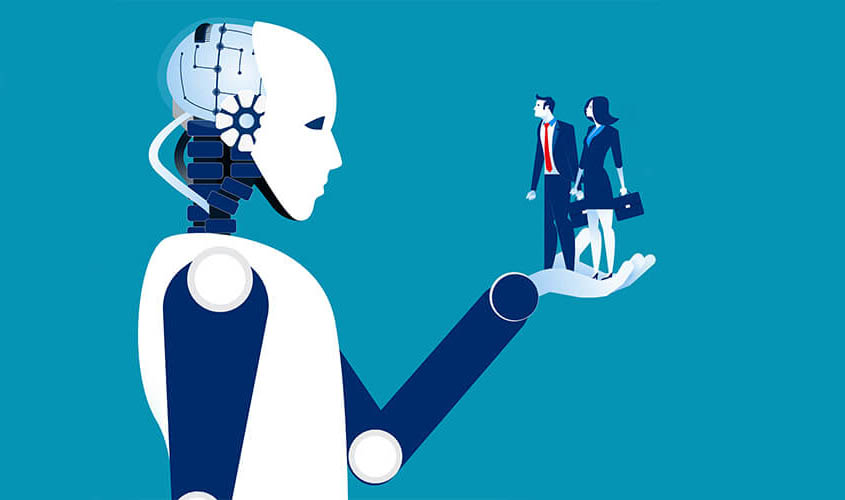The two countries that appear to be the best positioned to leap forward in the coming decade are China and South Korea. Both are light years ahead of the competition.
When Artificial Intelligence (AI) and Machine Learning are combined with the interconnectedness of global supply chains, they provide a range of unprecedented opportunities and potential perils for international businesses. On one hand, rising efficiency and productivity is permitting exponential growth in some sectors and businesses. On the other hand, the gap in efficiency and productivity between those sectors and businesses that have embraced AI and Machine Learning versus those that have not is also growing exponentially, leaving those at the bottom further and further behind.
The truth is that most countries have only just begun to think seriously about their own AI future, with the majority of countries noted having only announced such initiatives in 2017 or 2018. The US government does not have a coordinated national strategy either to increase AI investment or respond to the societal challenges of AI. During the final months of the Barack Obama administration, the White House laid the foundation for a US strategy in three separate reports, however, the Trump administration has taken a markedly different, free market-oriented approach to AI. It is unclear how much the US government intends to invest in AI research and development, in which sectors, or under what time frame. While much of the rest of the world seems to be barrelling ahead with some bold AI initiatives, the US appears to be asleep at the wheel.
Given that it will take most governments years to determine their path, approve funding, and execute on those intentions, the two countries that appear to be the best positioned to leap forward in the coming decade are China and South Korea. Both are light years ahead of the competition in terms of intellectual capital and fiscal resources being devoted to the task on a grand scale, and only China is devoting massive, sustained resources toward achieving AI supremacy.
A new form of globalization, driven by the exponential progress of silicon, is creating massive disruptions in economies throughout the world. The world’s largest media company (Facebook) has no journalists or content producers. Its biggest hospitality firm (AirBNB) has no hotel rooms. The dominant taxi company in the world (Uber) has no cars. The biggest currency repository in the world is driven by cryptocurrencies, and has no buildings or physical safes. All are driven by software, which is based on knowledge and processes captured by automation. Ultimately, AI is just a more advanced type of software that is propelling us deeper into a virtual world.
In the era of Machine Learning, the greatest near-term challenge we face is how to transition from the current economic model—driven, for instance, by conventional means of manufacturing and fossil fuels—into a new model driven by technological achievement that was, until recently, merely the realm of science fiction. How will we transition from our collective familiarity and comfort level with tangible, physical goods to a world dominated by what cannot necessarily be seen or felt? We are already transitioning into the cyber world, where virtual reality is not only upon us, but is sought after by many of us. We are, strangely, drawn to this bold new world because it tantalises us with possibilities. The AI world that awaits us will do much the same.
Conventional wisdom suggests that AI will continue to benefit higher-skilled workers with a greater degree of flexibility, creativity, and strong problem-solving skills, but it is certainly possible that AI-powered robots could increasingly displace highly educated and skilled professionals, such as doctors, architects and even computer programmers. Much more thought and research needs to be devoted to exploring the linkages between the technology revolution and other important global trends, including demographic changes such as ageing and migration, climate change, and sustainable development. Many of these topics have either not even been broached yet, or have only begun to be the subject of meaningful discussion in global fora.
While it seems clear that the growing ability of AI to autonomously solve complex problems could fundamentally reshape our economies and societies, the impact AI may have on a whole host of issues will remain unknown for many years to come. Even when answers may appear to be apparent, they are unlikely to endure for a great length of time, for AI is akin to an amoeba that is in a constant state of metamorphosis, forever changing its shape and adjusting to its surroundings.
AI has the potential to dramatically change how governments and citizens interact, how businesses and consumers coexist, and how some of the world’s most intractable problems are addressed and resolved. Globalization, as we know it today, will also change, but it will not disappear, for the world will only become more interconnected through the widespread utilisation of AI. AI will likely play

